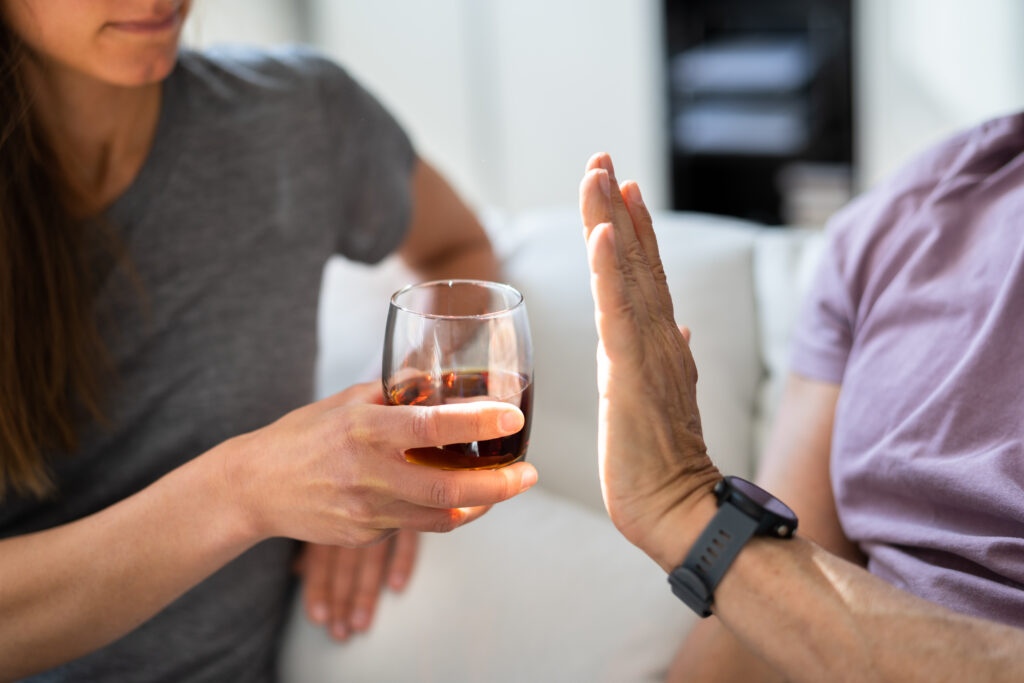
Whether you’re visiting Utah or a longtime resident, understanding the state’s unique alcohol regulations can save you confusion and potential legal trouble. Utah alcohol laws are among the most restrictive in the nation, but they’re more straightforward than many people think once you understand the basics.
Understanding Utah's Unique Approach to Alcohol Regulation
Utah operates as a “control state,” meaning the government controls the wholesale and retail sale of alcoholic beverages. This system has been in place since 1935, two years after Prohibition ended. The Utah Department of Alcoholic Beverage Services (UDABS) oversees all alcohol sales and distribution throughout the state.
The state’s approach is based on making alcoholic beverages available to satisfy public demand while not actively promoting alcohol consumption. This philosophy shapes everything from store hours to serving restrictions, creating a regulatory environment focused on moderation and public safety.
Where to Buy Alcohol in Utah: Stores and Restrictions
For packaged liquor, wine, and high alcohol beer (over 5% ABV), you must visit a state liquor store. These stores operate Monday through Saturday, typically from 11 a.m. to 7 p.m. or 10 p.m., and are completely closed on Sundays and state holidays. There are over 50 state stores across Utah, ensuring availability even in rural areas.
Beer with 5% ABV or less can be purchased at grocery stores, convenience stores, and gas stations seven days a week during regular business hours. This change, implemented in 2019, expanded the variety of beers available in regular retail stores and made alcohol laws in Utah somewhat more accessible to consumers.
Utah Alcohol Laws: Restaurant and Bar Regulations
The distinction between restaurants and bars is crucial under Utah’s alcohol laws. Restaurants can serve alcohol from 11:30 a.m. to midnight on weekdays and from 10:30 a.m. to midnight on weekends, but alcoholic drinks must be ordered with food. Even something simple like a side of chips satisfies this requirement.
Bars and taverns can serve alcohol from 10 a.m. to 1 a.m. without requiring food orders, but customers under 21 are not allowed in bar areas. All establishments must stop serving alcohol by 1 a.m. and close by 2 a.m. Bartenders are required to use measuring devices called “The Berg” to ensure precise 1.5-ounce pours of primary liquor, with a maximum of 2.5 ounces total alcohol per drink.

Important Restrictions and Special Rules
Several unique restrictions apply under Utah’s alcohol laws that visitors and residents should know. You can only purchase one drink at a time, meaning no pitchers of beer or multiple cocktails. Wine can be purchased by the bottle, but sharing multiple drinks is prohibited. All patrons must show a valid ID regardless of age, and international driver’s licenses are not accepted for alcohol purchases.
Public consumption of alcohol is strictly prohibited, including having open containers in vehicles. Utah also enforces a 0.05% blood alcohol limit, the strictest DUI standard in the nation. These regulations extend to special events, private parties, and even hotel rooms in some cases.
When Alcohol Laws Become a Personal Concern
For some people, navigating alcohol laws in Utah becomes more than just understanding regulations. When you find yourself frequently calculating purchase times, worrying about Sunday closures, or planning your day around alcohol availability, it might be time to honestly assess your relationship with drinking.
At Phoenix Rising Treatment, we understand that restrictive alcohol laws can sometimes highlight underlying dependency issues. The compassionate team at our alcohol rehab in Salt Lake City recognizes that what seems like an inconvenience to casual drinkers can feel overwhelming to those struggling with alcohol use disorder, and we’re here to provide support and guidance.
How Phoenix Rising Supports Recovery in Utah
Phoenix Rising Treatment offers comprehensive alcohol addiction treatment programs specifically designed for Utah residents dealing with alcohol dependency. Located in the Salt Lake City area, we understand the unique challenges that Utah’s alcohol laws can present to those in recovery and use this to create supportive treatment environments.
Our evidence-based approach includes intensive outpatient programs that help clients build healthy relationships with their community and surroundings. To remove barriers to care, we accept Medicaid and can help you navigate getting treatment covered by insurance.
Whether you’re recognizing that alcohol has become a problem or you’re seeking ongoing support in recovery, we provide the tools and community support needed for lasting sobriety and a fulfilling life in Utah. Contact us today to take the first step toward a healthier life.
FAQs About Utah Alcohol Laws
Can I buy alcohol on Sundays in Utah?
You can buy beer (5% ABV or less) from grocery and convenience stores on Sundays during regular business hours. However, state liquor stores are closed on Sundays, so wine and spirits are not available for purchase.
What ID do I need to buy alcohol in Utah?
You need a valid U.S. driver’s license, military ID with photo and birth date, or official state-issued ID card. International driver’s licenses and passports are not accepted at state liquor stores.
Can restaurants serve alcohol without food in Utah?
No, restaurants licensed as restaurants (not bars) must serve alcohol with food. However, bars, taverns, and breweries can serve alcohol without requiring food orders.
What are the serving hours for alcohol in Utah?
Restaurants can serve alcohol from 11:30 a.m. (10:30 a.m. on weekends) to midnight. Bars and taverns serve from 10 a.m. to 1 a.m. All establishments must stop serving by 1 a.m.
Are there any exceptions to Utah's alcohol laws?
Yes, certain establishments like ski resorts, hotels, and airports have special exemptions. Licensed distilleries can also sell their products directly to consumers, even on Sundays when state stores are closed.

